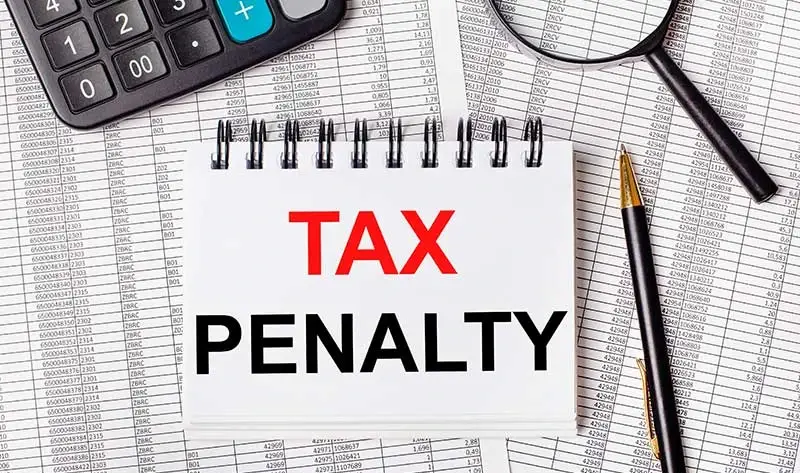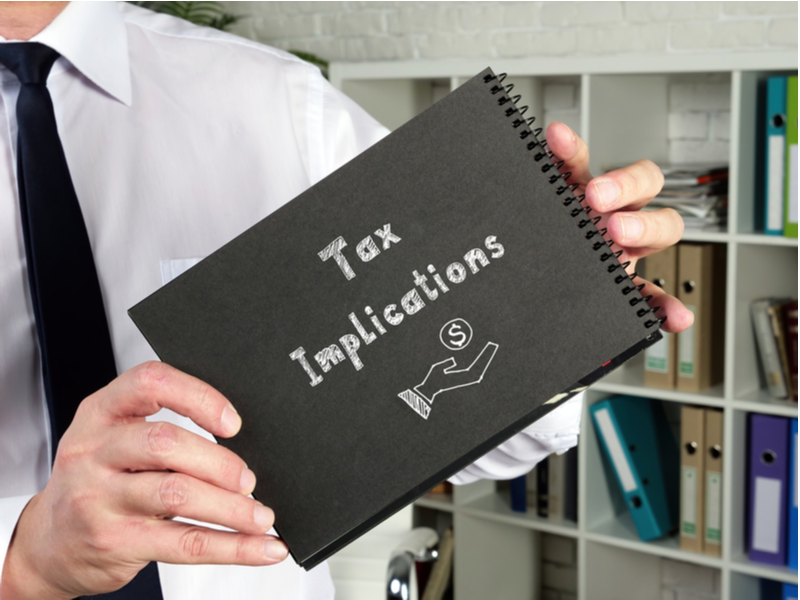Filing taxes accurately and on time is essential for avoiding penalties and ensuring good standing with the IRS. Errors or missed deadlines can lead to significant financial penalties, interest charges, and increased scrutiny from tax authorities. Here are some practical tips for filing timely and accurate tax returns that can help both individuals and business owners stay compliant and avoid penalties.

- Know Important Deadlines
The IRS imposes strict deadlines for various types of tax returns. Individual income tax returns are typically due by April 15, while business tax deadlines can vary based on the business structure. S corporations and partnerships generally file by March 15, while C corporations often have an April 15 deadline. Mark these dates on your calendar to avoid missing them, and be mindful of any state-specific deadlines as well.
Pro Tip: If you can’t file by the deadline, request an extension using IRS Form 4868 for individuals or Form 7004 for businesses. An extension allows more time to file without late-filing penalties but does not extend the time to pay owed taxes.
- Maintain Accurate and Organized Records
Accurate reporting depends on well-organized records. Retain all documents related to income, deductions, credits, and business expenses. For businesses, this includes receipts, invoices, bank statements, and payroll records. For individuals, keep W-2s, 1099s, and records for deductible expenses. Organizing records throughout the year can save time during tax season and help prevent mistakes in reporting.
Pro Tip: Use digital tools or software to store and organize receipts and records. Cloud storage or accounting software can reduce the risk of lost documents and make it easier to retrieve records when needed.
- Double-Check Information Before Filing
Even minor errors, such as a misspelled name or incorrect Social Security number, can delay your refund and possibly lead to penalties. Carefully review all personal information, income entries, and deductions for accuracy before submitting your return. Common errors include incorrect Social Security numbers, filing status errors, and missing signatures.
Pro Tip: Review your return using tax preparation software or ask a tax professional to review your forms before filing. These extra steps can catch errors that might otherwise lead to penalties or even audits.
- Report All Income Sources
Forgetting to report income is a common mistake that can trigger penalties. Be sure to include all sources of income, such as wages, dividends, investment gains, freelance earnings, and any other forms of taxable income. If you receive a 1099 form or other income documents, they must be reported.
Pro Tip: Keep a checklist of income sources, including all tax forms you expect to receive, and confirm each is included on your return.
- Estimate and Pay Quarterly Taxes If Required
If you’re self-employed or have significant non-wage income, you may be required to pay estimated taxes quarterly. Missing quarterly tax payments can result in penalties for underpayment, which is calculated based on the shortfall in your estimated tax payments.
Pro Tip: Use IRS Form 1040-ES to calculate and pay estimated taxes. Keeping up with quarterly payments helps prevent large balances due at tax time and can reduce the risk of underpayment penalties.
- Take Advantage of Tax Deductions and Credits
Using available deductions and credits can reduce your taxable income and help avoid penalties by lowering the tax amount due. However, make sure that any claimed deductions are accurate and well-documented. Improperly claiming deductions can lead to IRS scrutiny and potential penalties.
Pro Tip: Regularly consult IRS guidelines or a tax professional to understand what deductions and credits you’re eligible for, as tax laws and regulations frequently change.
- File Electronically for Accuracy and Speed
Electronic filing (e-filing) is a more accurate and secure way to submit your tax return. The IRS typically processes e-filed returns faster than paper returns, reducing the risk of errors and increasing the speed of refund payments. Additionally, e-filing systems automatically check for basic errors, helping you avoid potential penalties.
Pro Tip: Most tax software and IRS e-filing options offer step-by-step instructions to help ensure accuracy and completion, reducing the chance of missing information or calculation errors.
- Seek Help from a Tax Professional
If you’re unsure about any aspect of your tax return or have a complex financial situation, consider consulting with a tax professional. A tax expert can provide personalized advice, help identify potential deductions, and ensure that all filing requirements are met accurately and on time.
Pro Tip: Choosing a tax professional familiar with your industry or tax situation can provide additional benefits and avoid potential issues that could result in penalties.
Conclusion
Timely and accurate tax filing requires attention to detail and a proactive approach to record-keeping. By staying aware of deadlines, organizing records, and double-checking information, you can significantly reduce the risk of IRS penalties. Should you need expert assistance, consider reaching out to Thanh Dat Tax & Accounting, where our experienced team can guide you through the filing process, ensuring compliance and helping you optimize your tax position.



